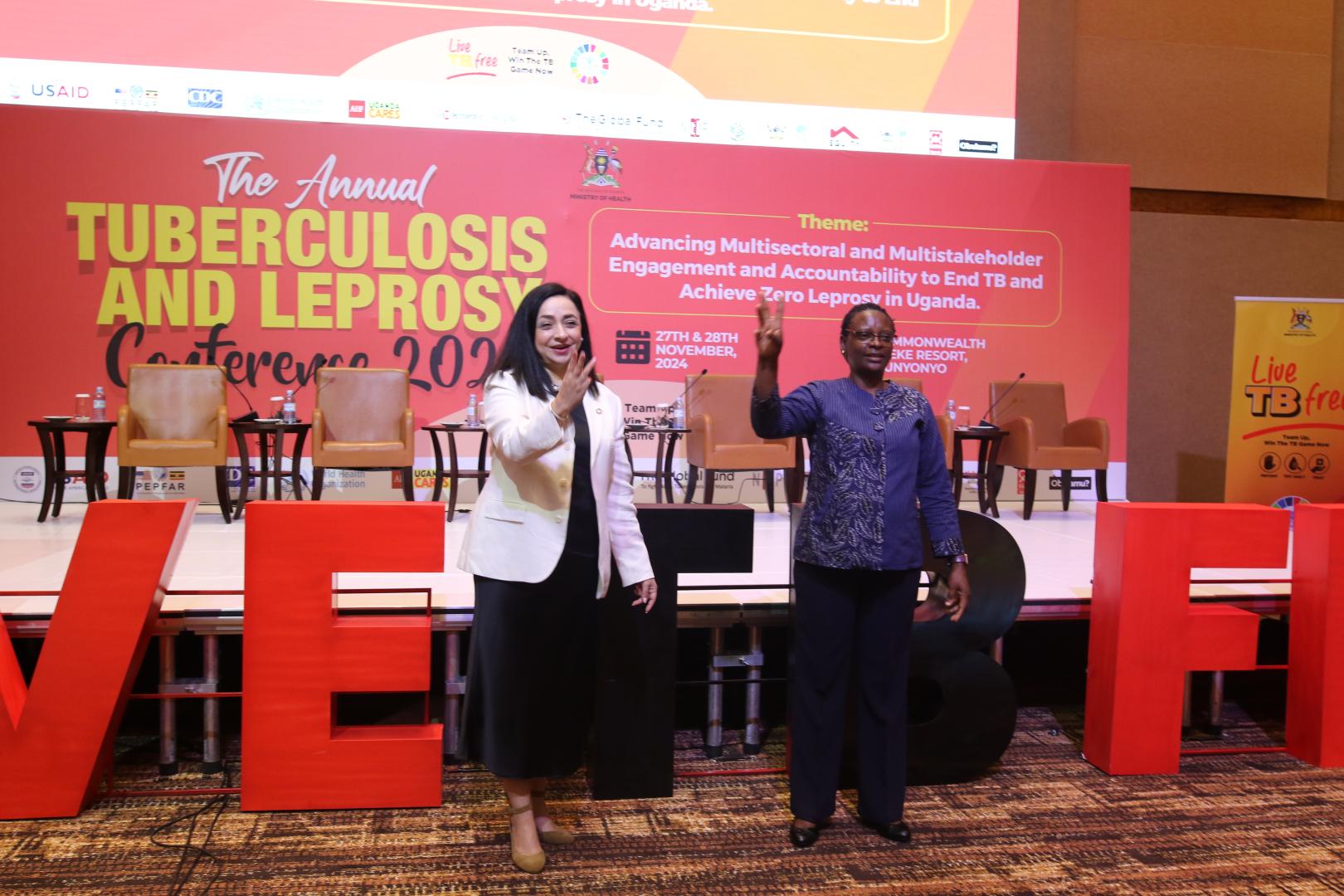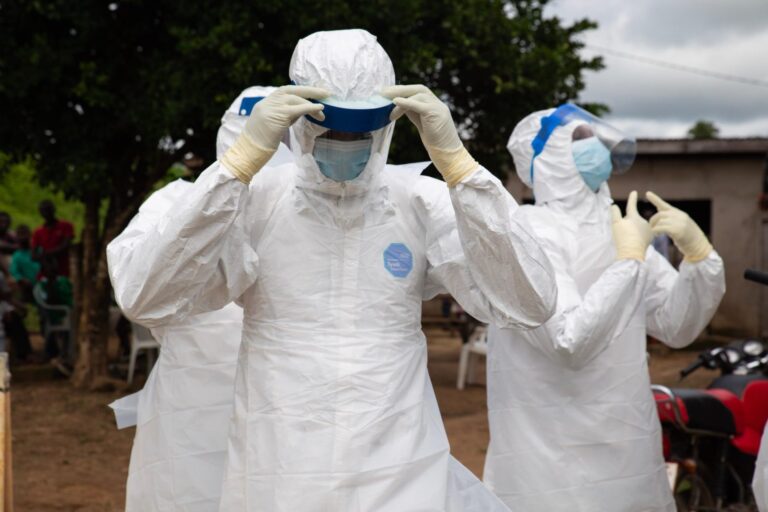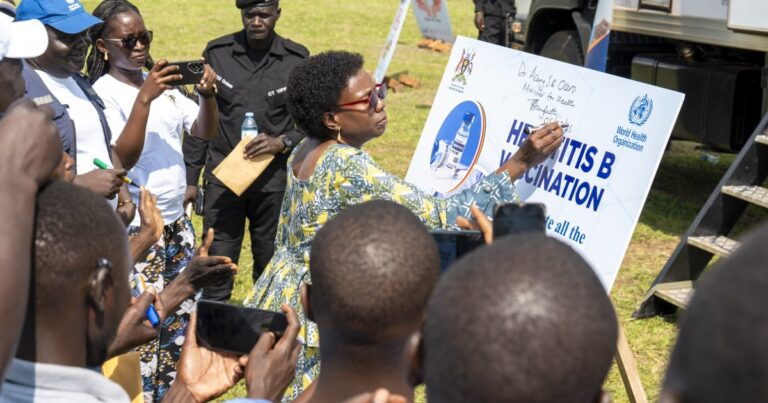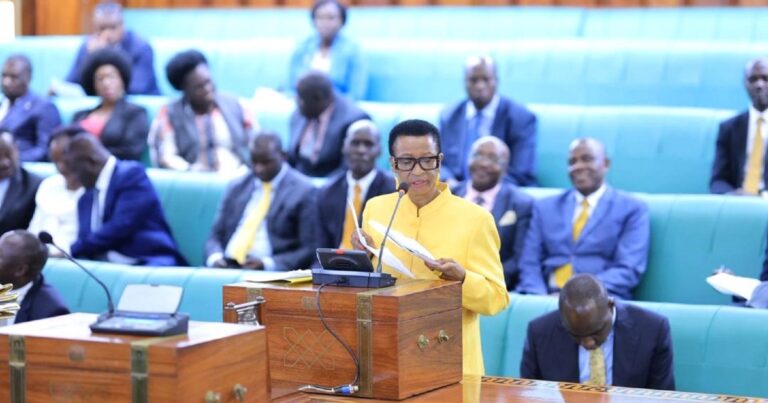Uganda has taken a significant step forward in its fight against tuberculosis (TB) and leprosy with the successful completion of a four-day National Strategic Plan Development Workshop in Kampala. The workshop, which brought together key stakeholders from across the health sector, focused on shaping Uganda’s next five-year Strategic Plan (2025/26–2029/30) for TB and leprosy control.
The event was supported by the World Health Organization (WHO), the CDC Foundation, and the Monitoring and Evaluation Technical Support (METS) Program—a collaboration between Makerere University School of Public Health, the University of California San Francisco, and HISP Uganda. Together, these partners are working to strengthen Uganda’s capacity to combat TB and leprosy through improved health information systems, monitoring and evaluation, and technical expertise.
A Collaborative Effort Towards Health Equity
The workshop comes at a time when Uganda remains among the 30 high-burden countries globally for TB and TB-HIV co-infection, with approximately 96,000 new TB cases reported annually. Despite having eliminated leprosy as a public health problem over two decades ago, Uganda has experienced a worrying resurgence in cases, rising from 180 to approximately 350 annually. Alarmingly, 21% of these cases involve Grade II disabilities, indicating delayed diagnosis and persistent community transmission.
During the workshop, stakeholders reviewed progress, examined gaps, and aligned on new strategies to advance Uganda’s goal of ending TB and achieving zero leprosy by 2030. The discussions emphasized the importance of community engagement, grassroots healthcare, and data-driven interventions to strengthen early detection and treatment.
“This workshop marks a turning point in how we approach TB and leprosy in Uganda,” said Dr. Jane Ruth Aceng, Minister of Health. “With the continued support of WHO, CDC Foundation, and METS, we are focused on building resilient systems that deliver people-centered, equitable care across the country.”
Driving Innovation and Evidence-Based Action
The METS Program played a key role in facilitating the workshop, drawing on its expertise in health information systems and monitoring and evaluation to ensure that Uganda’s next TB strategy is rooted in data and evidence. METS’ collaboration with Uganda’s Ministry of Health has long supported efforts to enhance TB and HIV program performance through the integration of digital tools and robust reporting systems.
Similarly, the CDC Foundation’s involvement reflects a broader global effort to strengthen responses to TB and other infectious diseases in high-burden countries like Uganda.
“The development of this new strategic plan is not just about responding to today’s challenges—it’s about building systems that can anticipate future risks, adapt to emerging threats, and deliver lasting impact for communities most affected by TB and leprosy,” said Dr. Suraj Man Shrestha from WHO Uganda.
The Road Ahead: Zero Leprosy, Ending TB
The insights gathered from the workshop will inform Uganda’s upcoming National Strategic Plan, providing a clear roadmap for addressing both TB and leprosy with targeted, community-driven, and evidence-based solutions. The strategy will prioritize integration of services within the broader health system, ensuring alignment with Uganda’s national health goals and the Sustainable Development Goals (SDGs).
WHO has reaffirmed its commitment to supporting Uganda through technical expertise, innovation, and continued collaboration, while calling on government and partners to prioritize investment in TB and leprosy programming.
“This is about more than disease control; it’s about achieving health equity and protecting the future of our communities,” said Dr. Christine Chiedza Musanhu, WHO Uganda’s UHC Cluster Lead.
As Uganda moves forward, this collaborative approach highlights the importance of partnership, innovation, and resilience in achieving the vision of ending TB and eliminating leprosy by 2030.





